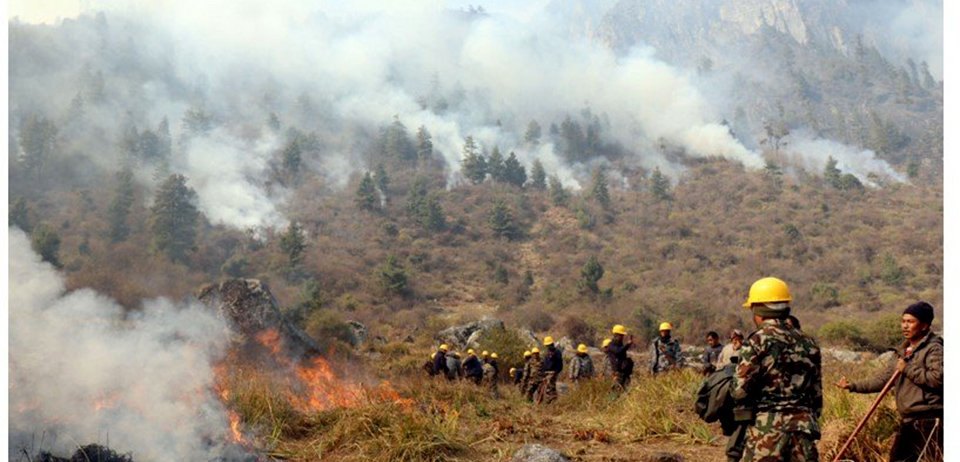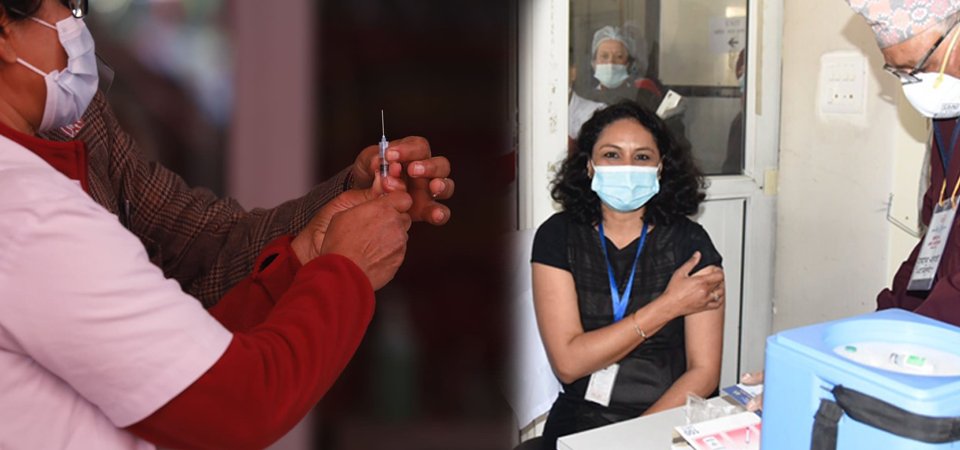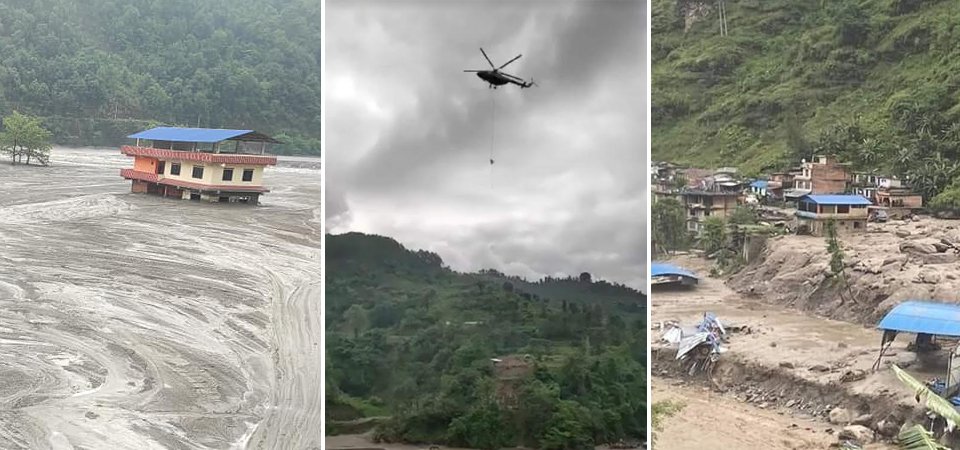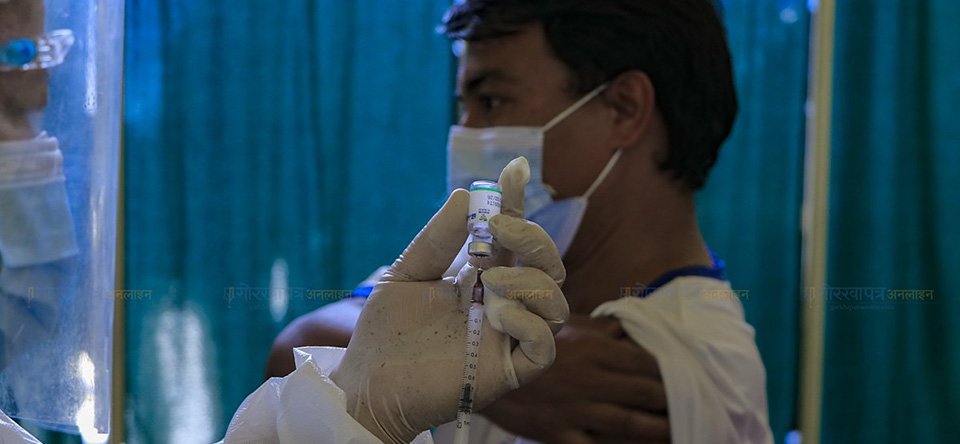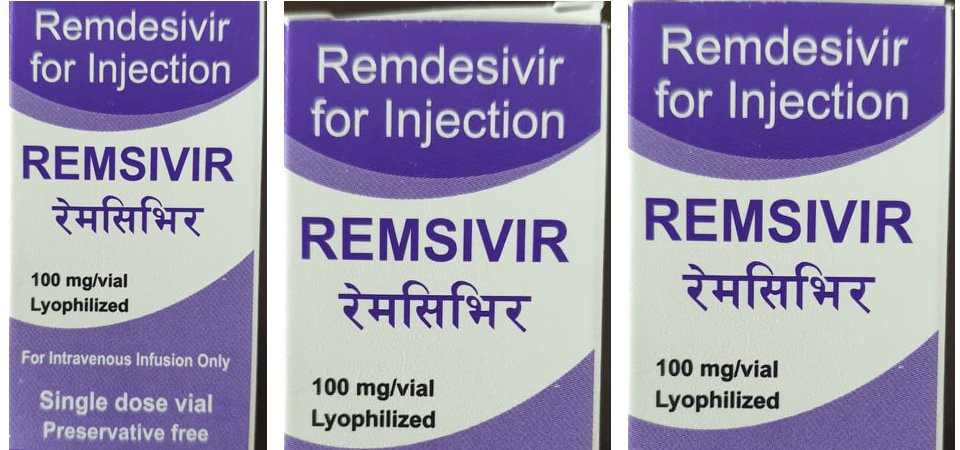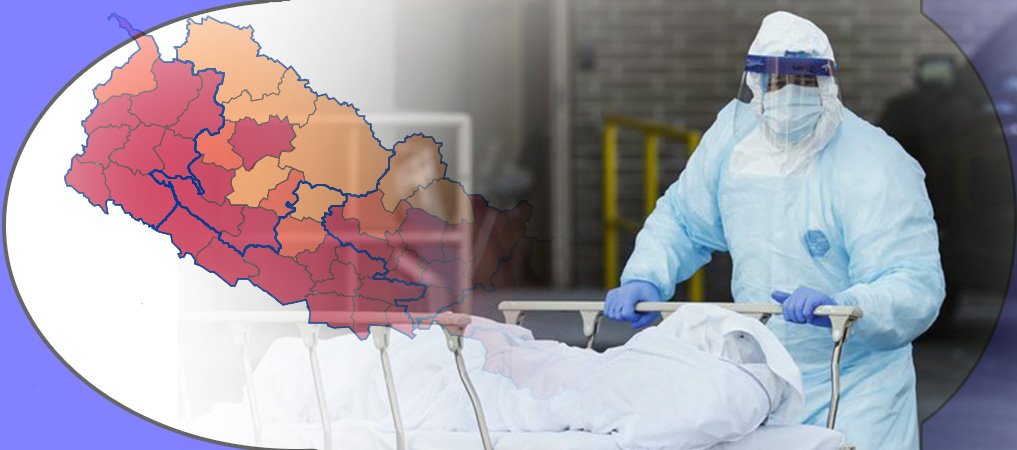32 cases of dengue reported in Kathmandu

By Mahima Devkota, Kathmandu, Nov. 12: A total of 32 cases of dengue have been reported so far in the Kathmandu district.
According to Geeta Acharya, Vector Control Officer at the Health Office, Kathmandu, 32 dengue cases have been detected as of Friday including one each in Baneshwor, Dilli Bajar, Jaisi Deval, Kamalpokhari, Kantipath, Kuleshwor, Kavresthali, Putalisadak, Samakushi, and Shantinagar Anamnagar, two in Bagbazar and Maitidevi and six in Ghattekulo.
She further informed that the location of 11 more patients is yet to be ascertained. The data of the Health Office, Kathmandu reveals that the highest number of dengue patients has been found in Ghattekulo.
All 32 patients were diagnosed with dengue during tests conducted at various hospitals in Kathmandu.
According to Health Office Kathmandu, 10 patients of Dengue were observed at Bir Hospital, three at Grande Hospital, one at Kanti Children’s Hospital, six at Kathmandu Model Hospital, four at Nepal Mediciti Hospital, six at Norvic International Hospital, and one each at Om Hospital and Sukraraj Tropical and Infectious Disease Hospital (STIDH).
According to Dr. Sher Bahadur Pun, chief of the clinical research unit at Sukraraj Tropical and Infectious Disease Hospital, Teku, the dengue virus is spread by the bite of the Aedes aegypti mosquito.
“Dengue causes a wide spectrum of diseases. This can range from mild to severe flu-like symptoms. Even though very few of the infected develop severe dengue with excessive bleeding, organ impairment, or plasma leakage. Severe dengue has a higher risk of death if left untreated,” He added.
Dr. Pun said that symptoms of dengue were fever, headache, pain in eyeballs, and dots in the skin as well as pain in muscle and joints, including constant vomiting, severe abdominal pain, bleeding, lethargy or restlessness, constipation in the abdomen, and an increase in the size of the colon, which in itself is a sign of danger.
The only way to control dengue is to kill mosquitoes, therefore, a search and destroy campaign should be launched in the areas where cases of dengue are reported, said Dr. Pun, stressing that, each individual must play their part and ensure that their surroundings are clean and safe.
Recent News

Do not make expressions casting dout on election: EC
14 Apr, 2022
CM Bhatta says may New Year 2079 BS inspire positive thinking
14 Apr, 2022
Three new cases, 44 recoveries in 24 hours
14 Apr, 2022
689 climbers of 84 teams so far acquire permits for climbing various peaks this spring season
14 Apr, 2022
How the rising cost of living crisis is impacting Nepal
14 Apr, 2022
US military confirms an interstellar meteor collided with Earth
14 Apr, 2022
Valneva Covid vaccine approved for use in UK
14 Apr, 2022
Chair Prachanda highlights need of unity among Maoist, Communist forces
14 Apr, 2022
Ranbir Kapoor and Alia Bhatt: Bollywood toasts star couple on wedding
14 Apr, 2022
President Bhandari confers decorations (Photo Feature)
14 Apr, 2022



